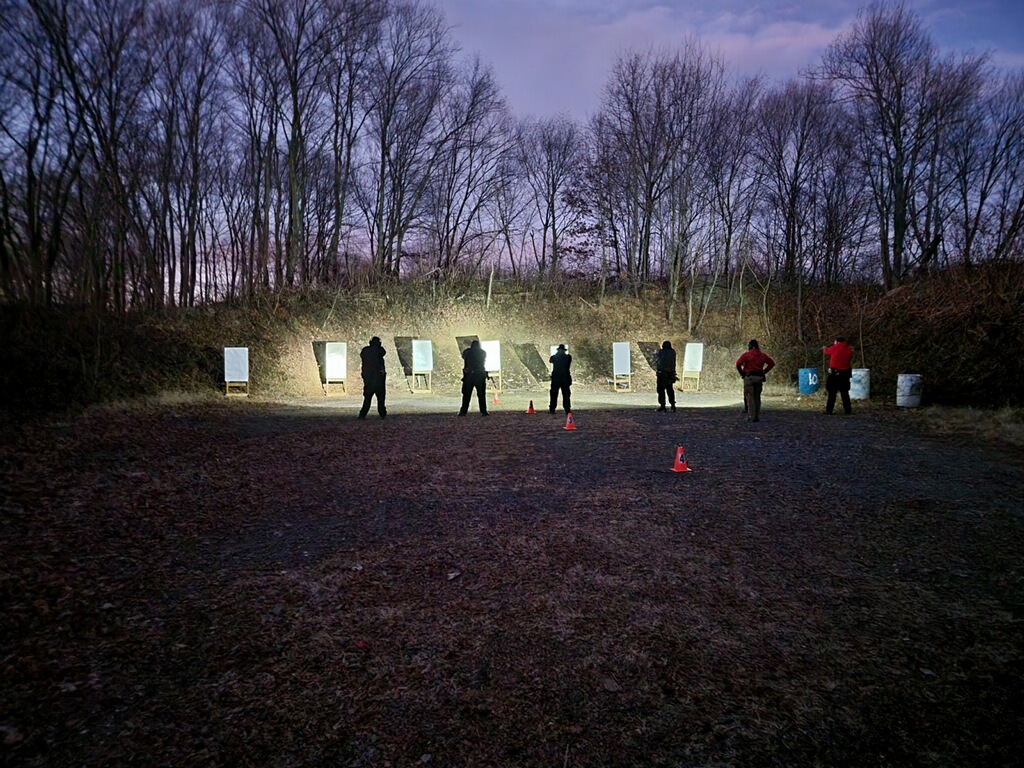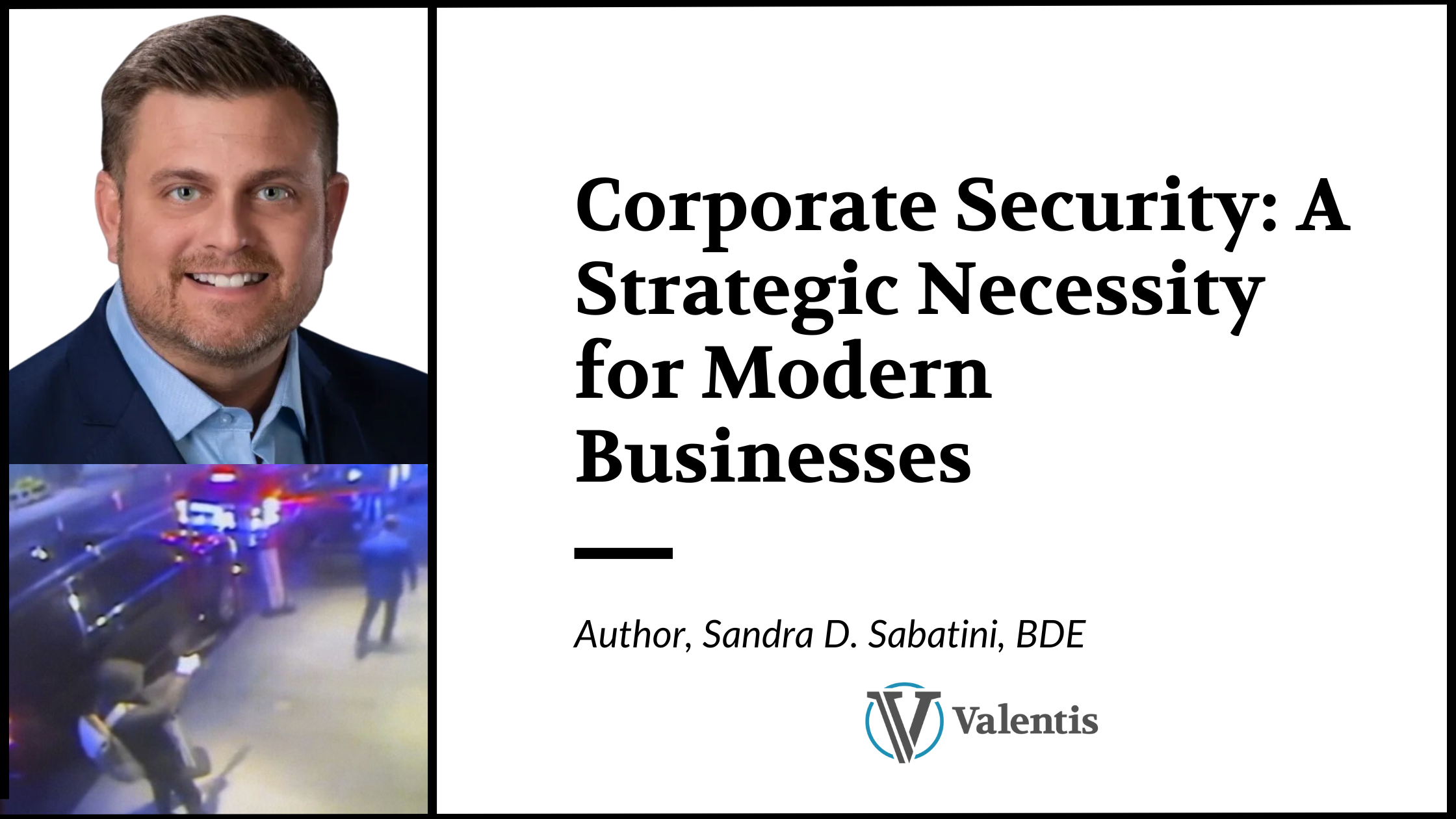Understanding Security Needs for Stadiums, Concerts, and Arenas
December 15, 2021
The recent events that took place at the Astroworld Festival have highlighted a much needed call for better event security at stadiums, concerts, and arenas. The fact is that as terrible as the Astroworld Festival events were, they were made worse by the fact that this was an avoidable tragedy that should have been managed with adequate concert security. Events at large venues with sizable crowds have a more distinct need for high-level security and clear plans that can be appropriately executed prior to, during, and following an emergency event. In this article, we will explore the security needs for larger events.
Identifying Soft Targets and Crowded Places
According to the U.S. Department of Homeland Security, Soft Targets and Crowded Places (ST-CP) are spaces that are exposed to the public in a way that is difficult to protect and maintain. This includes any public space that can be accessed by large numbers of people, like stadiums, concerts, and arenas.
While some of these spaces might have some kind of limiting factor, like a required pass or ticket for entry, if these passes are available to a large number of people and can be accessed fairly easily, they meet this standard. When this is the case, the need for adequate security that has been tailored to the needs of the event and its audience is crucial.
Any time that Soft Targets and Crowded Places are identified, there is a significant need for a dedicated event security plan. The more people that can access an area, the less secure it is. Crowded areas automatically come with a heightened degree of risk, and it can scale depending on how many people have access to a given location. As risk increases, the likelihood and potential for dangerous conditions also increases.
To determine the level of risk that is present in an area, security experts will use Risk Matrices. These matrices are used to determine the severity of the overall level of risk, as well as the controllability of the risk or risks that are present. Depending on where the risk level falls, it will be categorized as an unacceptable level of risk, an acceptable level of risk, or a level of risk that should be monitored but includes a plan that can balance the risk level should it increase.
Assessing the Security Needs
After the level of risk and certain potential risks have been identified, it is time to assess the security needs of the venue. For most venues, it is important to have one or two members of security personnel for every 100 guests or non-security personnel present at the venue at a given time. For a concert supporting 500 people, there should be a bare minimum of five trained security guards—and most venues should still choose to have more security guards on hand, particularly for “high-energy” events like concerts or festivals.
Beyond simply ensuring that there are a certain number of security guards present, venues should also have a clear understanding of likely internal and external threats. The potential for someone to sneak in a weapon or plant explosives is always present and can be even more likely in certain areas.
Consideration should always be given to the potential for disgruntled employees or former employees to stage an attack as well. Other common risks include dangerous weather conditions, the potential for a stampede, the risk of heatstroke, or fights between guests—and these risks can often increase if a venue sells alcohol or is likely to have guests who will use illegal drugs.
The security needs for an event should also touch on the type of security that should be provided as well. There are three somewhat common types of security: static guarding, mobile patrol, and canine explosive detection.
Static guarding, as the name implies, involves having security personnel maintain posts with appropriate shift changes to ensure alertness. Mobile patrol involves having security personnel moving throughout the venue to keep an eye on guests and continuously monitor the situation. Canine explosive detection can be used to ensure that no one brings explosive materials to these public spaces.
Implementing Strategic Security Plans
Every single stadium, concert venue, and arena must have an active strategic security plan to provide adequate support and protection for the guests and staff at the event. To implement an appropriate plan, special consideration must be given to the risk level and likely risks that can arise.
Meeting the security needs of a venue is a very serious matter, and venues that fail to take appropriate action steps can be responsible for lost lives and serious injuries. The best way to ensure that there is a customized and appropriate security plan is to work with security professionals. The need for consulting security experts grows when events are going to have a larger number of guests.
While there is no discounting the knowledge and experience that a venue’s team may have, the fact remains that security is its own industry—and it is one that is built around maintaining safety for patrons and employees. Given this, there is simply no room for guesswork or the potential for a plan to fail without another in place. Security experts have the knowledge and specialized understanding regarding how to keep guests safe when a potential risk arises.
In order to ensure that a security plan is well-designed and functions properly to support the needs of the venue, the director of security must take steps to ensure that it the right steps are taken. Implementing a security plan means having the plan neatly laid out and ensuring that the directives have been clearly communicated to everyone involved.
Implementing a security plan is a continuous effort that is heavily based on active communication. There needs to be clear communication channels between security—and staff—to ensure that if the need for risk mitigation arises, plans can be implemented as quickly and effectively as possible. This is best accomplished with a trained group of professionals who know how to react swiftly to ensure the safety of everyone at the venue. Preparation and planning saves lives.



